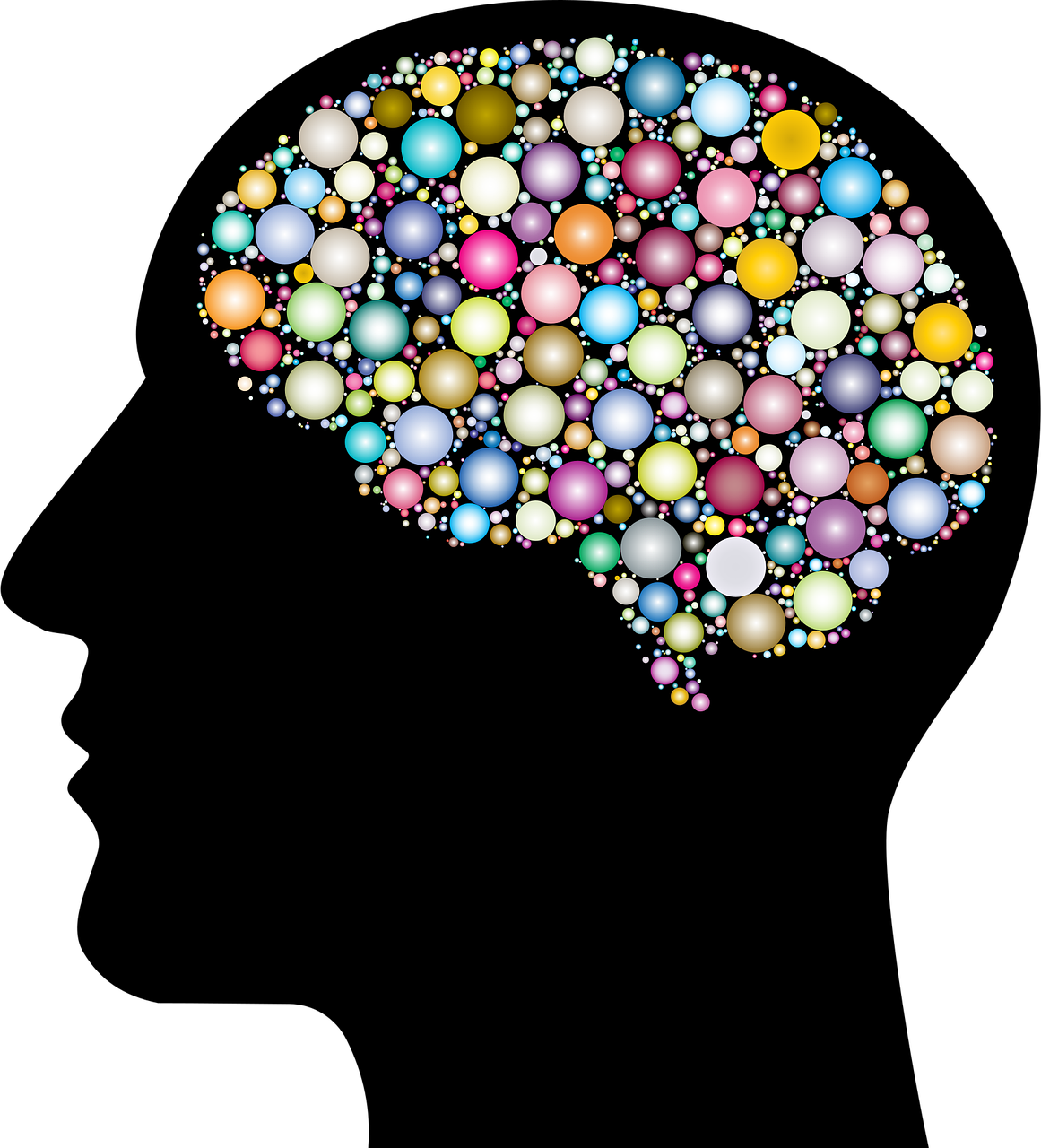
How Vitamin K Can Improve Brain Health (New)
The research team, led by Associate Professor Yoshihisa Hirota and Professor Yoshitomo Suhara, found a way to chemically modify vitamin K by attaching it to retinoic acid, an active form of vitamin A known for its role in cell growth and differentiation.
These newly created “hybrid” compounds were designed to amplify the effects of vitamin K inside the brain. In testing, the modified vitamin K molecules were about three times more effective than natural vitamin K at helping neural progenitor cells (young brain cells) mature into functioning neurons.
This is important because the loss of neurons is one of the key features of neurodegenerative diseases like Alzheimer’s, Parkinson’s, and Huntington’s. If researchers can find safe ways to encourage the brain to replace lost neurons, it could lead to a completely new kind of therapy, one that helps repair the brain, not just slow its decline.
Understanding How Vitamin K Protects the Brain
To understand why these new vitamin K forms were so effective, the researchers studied how the compounds interacted with certain receptors inside brain cells.
They discovered that vitamin K influences a receptor called mGluR1 (metabotropic glutamate receptor 1), which plays a critical role in communication between neurons.
This receptor also helps regulate gene expression and epigenetic changes, the very mechanisms that determine whether a stem cell becomes a neuron. By stimulating mGluR1, the modified vitamin K appears to “turn on” the genetic instructions for neuron growth, providing a clearer picture of how vitamin K supports brain repair.
The team also confirmed that these new vitamin K compounds are not only powerful in the lab but also highly absorbable and bioavailable. In mouse studies, they found that the enhanced form of vitamin K crossed the blood-brain barrier more effectively and raised vitamin K levels in brain tissue higher than natural forms could achieve.
What This Means for the Future
While this research is still in its early stages, it opens an exciting new chapter in neurodegenerative disease research. For years, vitamin K has been recognized for supporting calcium balance, bone health, and even cardiovascular function. Still, this study shows it may also play a role in neuroprotection and regeneration.
If these findings translate into human therapies, vitamin K-based compounds could one day be used to slow or even reverse the progression of diseases like Alzheimer’s.
That would not only improve quality of life for patients and families but could also ease the growing burden these conditions place on healthcare systems worldwide.
As Dr. Hirota summarized, “A vitamin K-derived drug that slows the progression of Alzheimer’s or improves its symptoms could have a profound impact on both patients and society.”
The Takeaway
Although it’s too early to recommend any specific vitamin K formulation for neurological disease, this study reinforces the idea that essential nutrients can influence far more than we realize, even the health and regeneration of brain cells. Continued research will determine whether these discoveries can be developed into safe, effective treatments for humans.
For now, it’s another strong reminder of how vitamin K supports the body well beyond bones and blood clotting, including the very foundation of brain health. And points to why you should do all you can to get it in your diet via food or supplements



